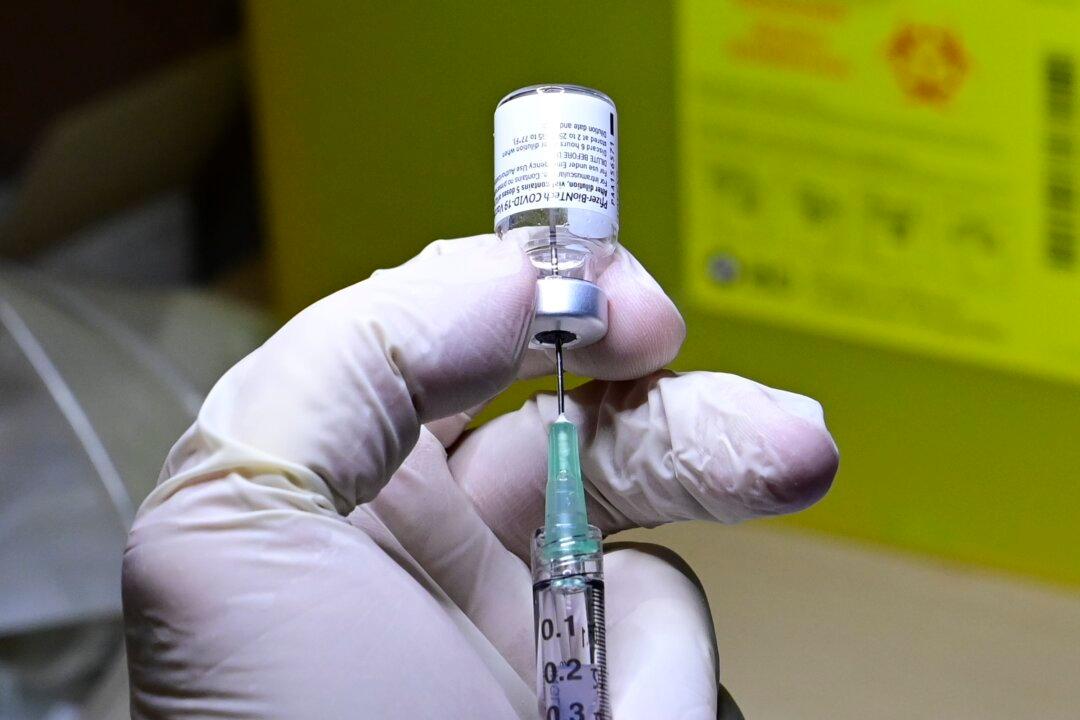Quebec will continue to administer COVID-19 vaccine doses, despite calls for a change in plans following an Israeli report showing the Pfizer-BioNTech vaccine having lower than expected efficacy.
“The game plan remains the same, despite new info from Pfizer. Goal has 225k as of February 8. The principle remains: we vaccinate the most people as quickly as possible,” Quebec Health Minister Christian Dubé wrote on Twitter.





